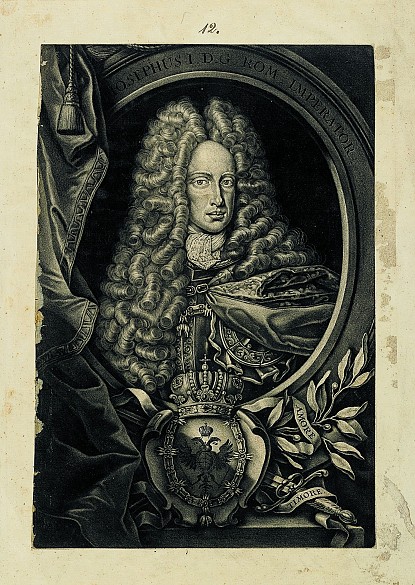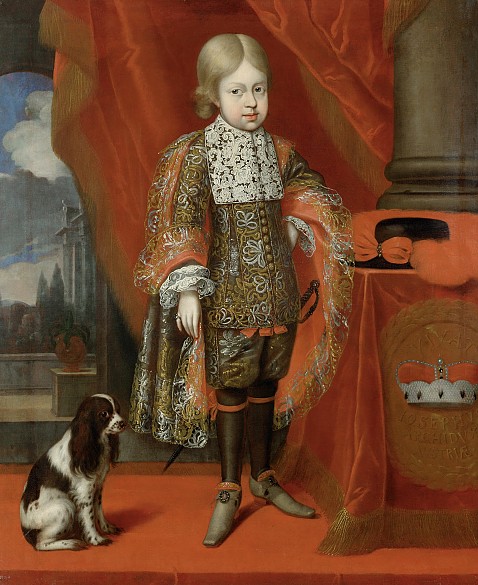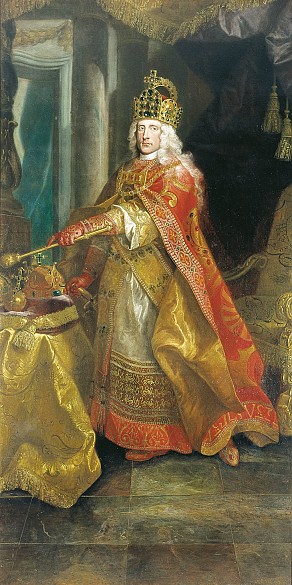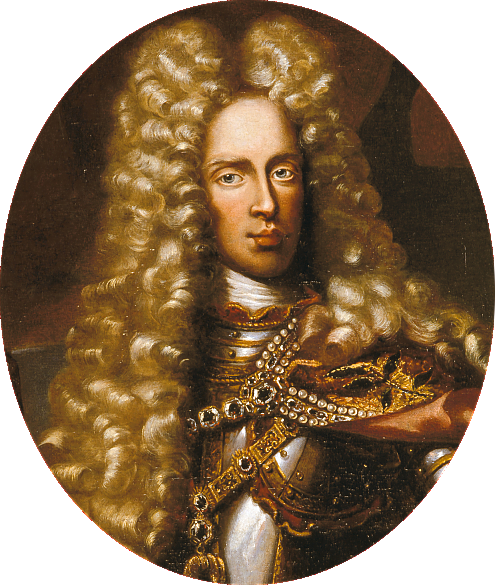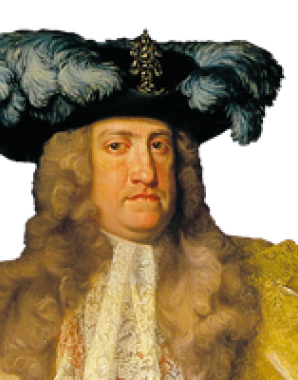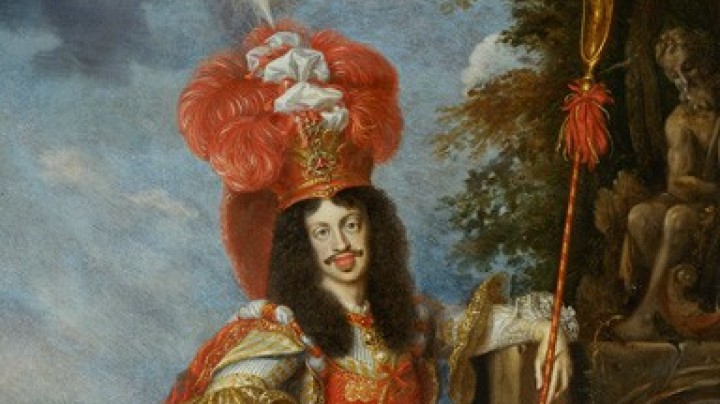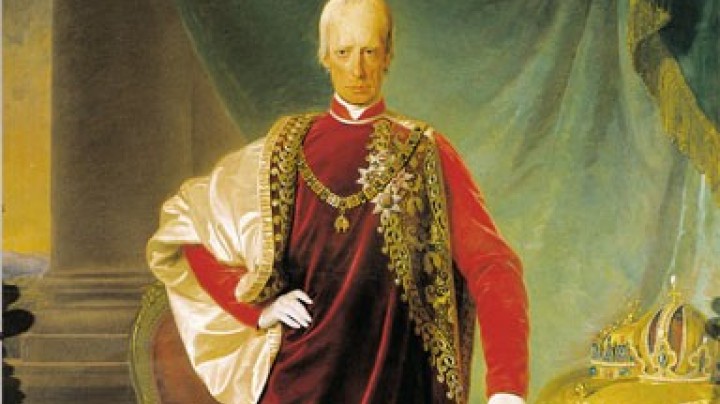Reforming zeal in the Baroque: Joseph I
Because of the brevity of his reign, Emperor Joseph I is a relatively little-known figure. He endeavoured to bring about reforms along Enlightenment lines, but died early.
Archduke Joseph became king of Hungary at the age of nine and of Bohemia at ten. He was elected Roman-German king when he was only just twelve. Catholicism was less important to him than to most of his relatives – spared a strict Jesuit upbringing, he was educated in a more tolerant manner, his principal tutor being a former Protestant, and developed into an adherent of the early Enlightenment. His two great enthusiasms – hunting and music – were only matched by his passion for love affairs, which he pursued zealously in parallel with his marital union to Amalie Wilhelmine of Brunswick-Lüneburg. His affairs led to him contracting a sexual disease, probably syphilis, and infecting his wife, who thus became infertile. This was a development of great political significance, as on his death he had no male heir.
For his time, Joseph I was a forward-looking ruler. He surrounded himself with reform-hungry advisors and the ‘young court’ of Vienna was ambitious in the elaboration of innovative plans. The large number of privy councillors was reduced and attempts were made to make the bureaucracy more efficient. Measures were taken to modernize the central bodies and a certain success was achieved in stabilizing the chronic Habsburg finances. Joseph also endeavoured to strengthen his position in the Holy Roman Empire – as a means of strengthening Austria’s standing as a great power. When he sought to lay claim to imperial rights in Italy and gain territories for the Habsburgs, he even risked a military conflict with the Pope over the duchy of Mantua.
In Hungary, Joseph had inherited the kuruc rebellion from his father Leopold I: once again, nobles in Transylvania (Siebenbürgen) had risen against Habsburg rule, even advancing for a time as far as Vienna. Although Joseph was compelled to take military action, he refrained – unlike his predecessors – from seeking to teach his subjects a lesson by executing the leaders. Instead, he agreed to a compromise peace, which in the long term facilitated the integration of Hungary into the Habsburg domains.
However, Joseph’s reforming efforts were not destined to be continued. His death of smallpox at the age of thirty-two changed the situation in the War of the Spanish Succession radically: as he had no male heir, he was succeeded by his brother Charles, who, however, was already king in Spain ...
